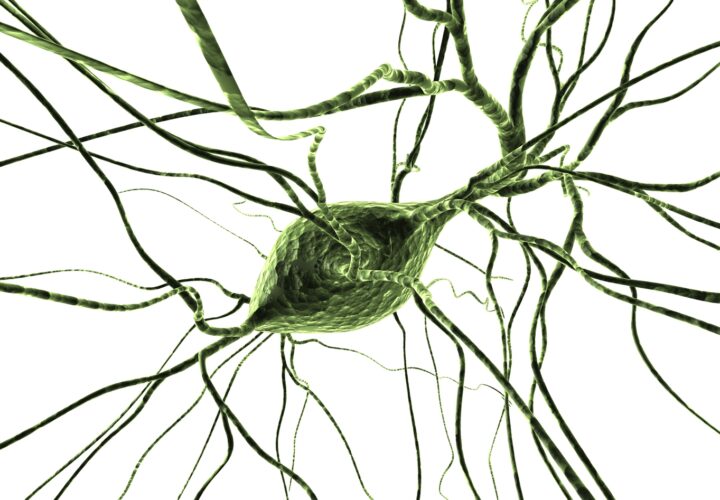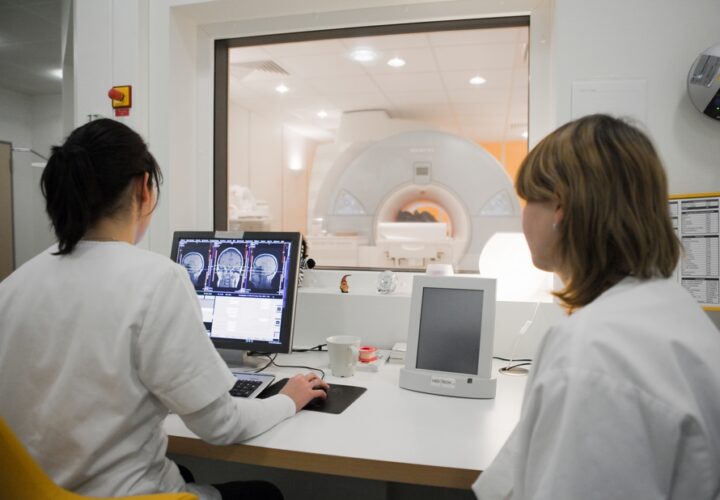November 13, 2017
Billionaire Bill Gates has personally committed $100 million to the search for a cure for Alzheimer’s, according to a blog post he published on his website.
Fifty million will go to the London-based Dementia Discovery Fund, a global investment fund established in 2015 that has attracted partners like the U.K. government, charities and pharmaceutical companies. The DDF aims to research novel ways to treat Alzheimer’s that go beyond what most consider the dominant theory of the disease: the amyloid hypothesis, or the idea that Alzheimer’s is caused by a build-up of a certain type of protein that forms plaques in the brain. Gates has committed another 50 million into private investments and grants, though he hasn’t publicly announced where he plans to invest.
In his blog post, Gates cites the staggering figures associated with Alzheimer’s disease:
- “You have a nearly 50 percent chance of developing the disease if you live into your mid-80s.”
- “In the United States, it is the only cause of death in the top 10 without any meaningful treatments that becomes more prevalent each year.”
- “A person with Alzheimer’s or another form of dementia spends five times more every year out-of-pocket on healthcare than a senior without a neurodegenerative condition.”
- “Americans will spend $259 billion caring for those with Alzheimer’s and other dementias in 2017.”
Besides the alarming financial and statistical numbers, Gates himself is no stranger to the human cost of the disease. “It’s a terrible disease that devastates both those who have it and their loved ones,” he writes. “This is something I know a lot about, because men in my family have suffered from Alzheimer’s. I know how awful it is to watch people you love struggle as the disease robs them of their mental capacity, and there is nothing you can do about it. It feels a lot like you’re experiencing a gradual death of the person that you knew.”
After a year of studying the disease, Gates hopes to direct research toward a treatment for the disease, at the very least, within the next ten years. “It’ll take probably 10 years before new theories are tried enough times to give them a high chance of success. So it’s very hard to hazard a guess,” he told Reuters. A “cure” for Alzheimer’s is “probably setting a high bar,” he said to CNN, but it should be the goal. “Any type of treatment would be a huge advance from where we are today,” he said. “So, yes, I believe there is a solution.”
Gates wants to focus on “less mainstream approaches” to Alzheimer’s than amyloid and tau. He also wants to increase participation in clinical trials. “The pace of innovation is partly determined by how quickly we can do clinical trials, ” he wrote. “Since we don’t yet have a good understanding of the disease or a reliable diagnostic, it’s difficult to find qualified people early enough in the disease’s progression willing to participate. It can sometimes take years to enroll enough patients. If we could develop a process to pre-qualify participants and create efficient registries, we could start new trials more quickly.”
Gates has been heartily welcomed to the search for a cure by organizations like the Alzheimer’s Association. “[He] has invested a great deal of time to better understand the full scope of the disease and how he can play a significant role in accelerating progress,” said the organization in a statement. “The Alzheimer’s Association commends Bill Gates for digging in and joining the cause.”


